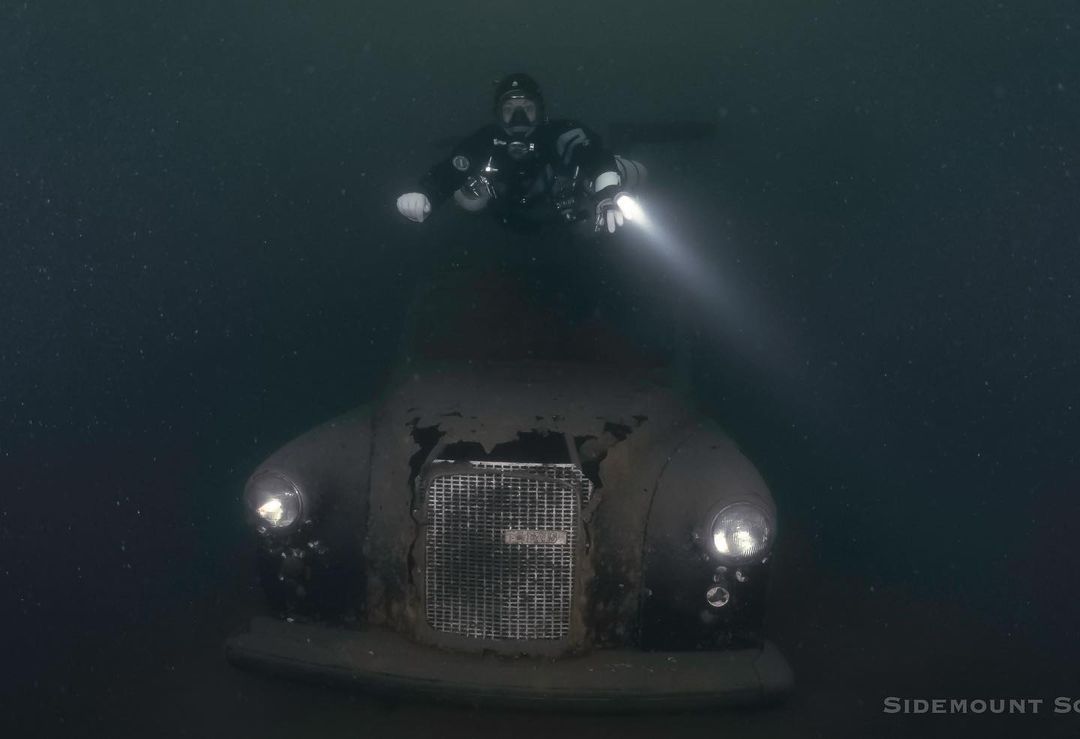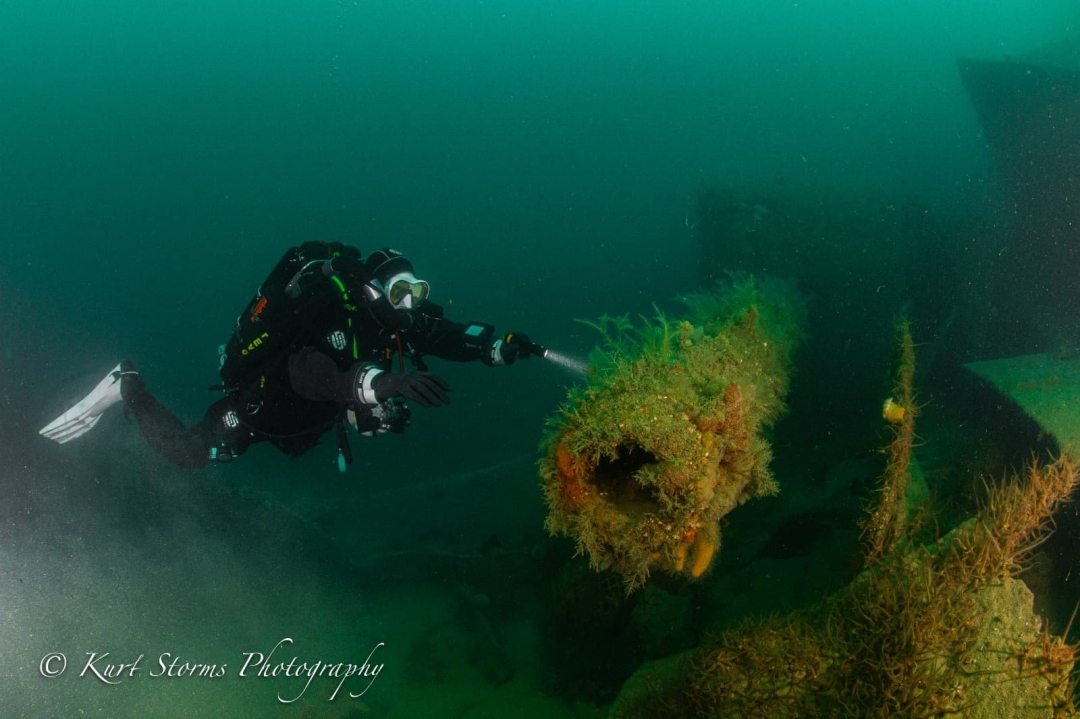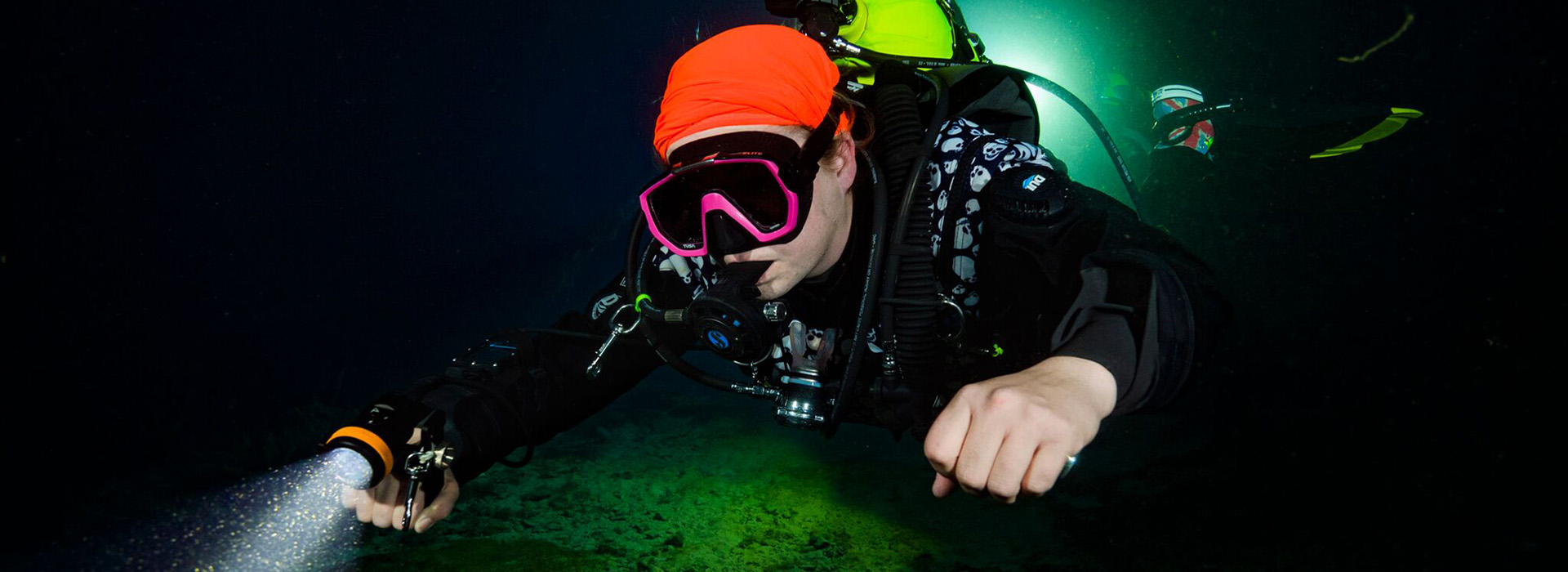Top and Easy 4 Tips Can Reduce the Air While Scuba Diving
Media Reports
Top and Easy 4 Tips Can Reduce the Air While Scuba Diving
Tip #1, Get Your Gear Point
It does not mean going out and buying the most expensive gear you can find. It means first of all get weighted properly.
So get the right amount of weight. Put them in the right places and we actually got a video about that and you can watch it right here. If you're weighted properly this will save you a lot of gas which you otherwise use trimming and also it takes less effort to swim around. So you preserve gas that way as well. Another thing you can do is streamline yourself. This reduces drag and makes swimming easier
and also reduces the chance of your alternate air or your SPG getting snagged behind some coral or dragged through the mud. Remember to bring your dive light, at least a primary dive torch, and a backup dive light! Hight output lumens OrcaTorch D710 dive light can help you light up the dark underwater and guide you and your diver partners!
The last thing you can do about your gear is to pick the right fins. You want fins that are easy to swim with. So don't take a lot of effort but have a lot of propulsion. So when you hit a current or need to swim somewhere you don't overexert yourself.
One thing you don't want is split fins. They are only useful when you have an injury to your knees or your ankles because otherwise you just have to make a lot of motion to get propelled just a little bit.

Tip #2, Catch Your Breath
So you arrived at the dive spot and are ready to go diving. The only thing left to do is put on your gear, help your buddy into its gear, do a buddy check, and wait for your turn at 100 degrees with your gear on to jump off the boat and maybe even do a little surface swims to the dive spot.
This together takes a lot of effort and most divers who arrive at the actual dive spot before the descent is overexerted and out of breath. What you don't want to do is go down right away because you use a lot of air. You just breathe, like fufufufu. It's also harder to go down when you breathe like that because most of the time your lungs are full. So when you do that you also may need extra weights. The best thing to do is just calm yourself. Catch your breath and then descend.
Tip #3, Control Your Buoyancy
If you do this you will notice that you will save a tremendous amount of air right from the get-go. Being able to control your buoyancy is
monumental to your air consumption. If you can control your buoyancy this will drop your air consumption by a lot.
If you're able to control your buoyancy this will make you calmer underwater. Make you less likely to overexert yourself and makes for a more pleasant dive overall.
The best way to train your buoyancy as a beginning diver is to do a buoyancy specialty and also we have made a video about some buoyancy controlling tips and you can find them right here. Another major thing that is related to this is your position in the water. Most divers go through the water like this which has a lot of drag and takes a lot of effort. There's an easy way to fix this and that's by learning the frog kick.
In this way, your legs stick up at the end and you'll be more horizontal in the water. It's a bit hard to learn but once
you master it you have a much much better diving position and also you won't kick up as much dust as you used to. Also switching to a different BC which is more back-inflated and putting your weight somewhere else besides your hips may also help.

Tip #4, Focus
One of the pitfalls for many new divers which takes up a lot of air is doing everything at once. They want to check their air, they want to check their computer, navigate, and see where their buddy is. Oh there's a pretty fish here and when you throw a camera in that mix
the mayhem is complete.
Most new divers tend to inhale when they check their air gauge and go up a bit. So your buoyancy is off. You need to deflate, go down a bit, and resume your dive. What most experienced divers do, is do one thing at once. They check their air gauge and get on with their dive. They check their computer and get on with our dive. It's not like they can't do everything at once. They choose not to do it. They choose to do everything calmly and well. So that they can concentrate on diving and seeing the beautiful marine life instead of doing all those things at once.
Article source: https://www.youtube.com/watch?v=diWtrmoHFyo
